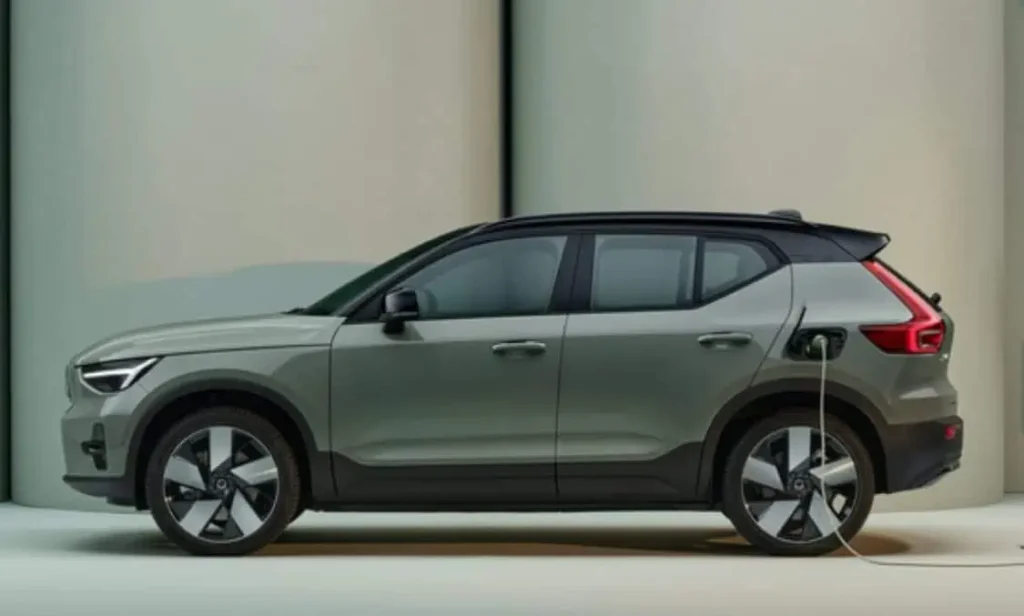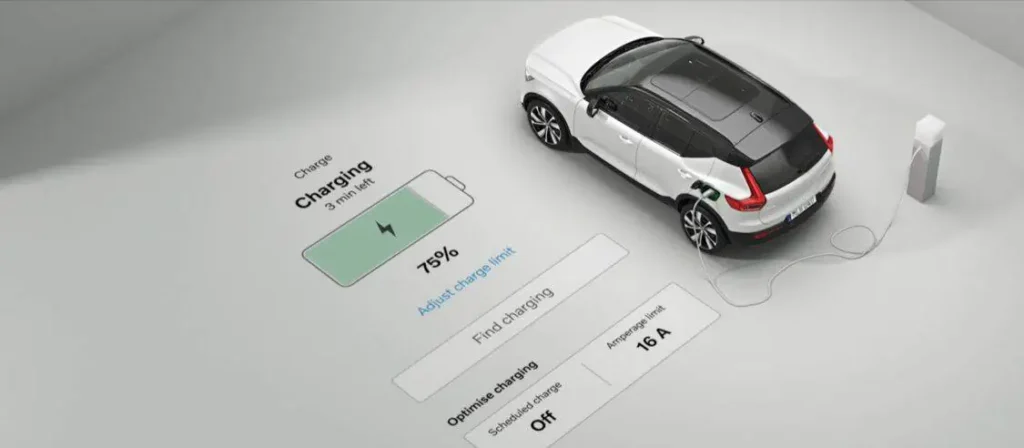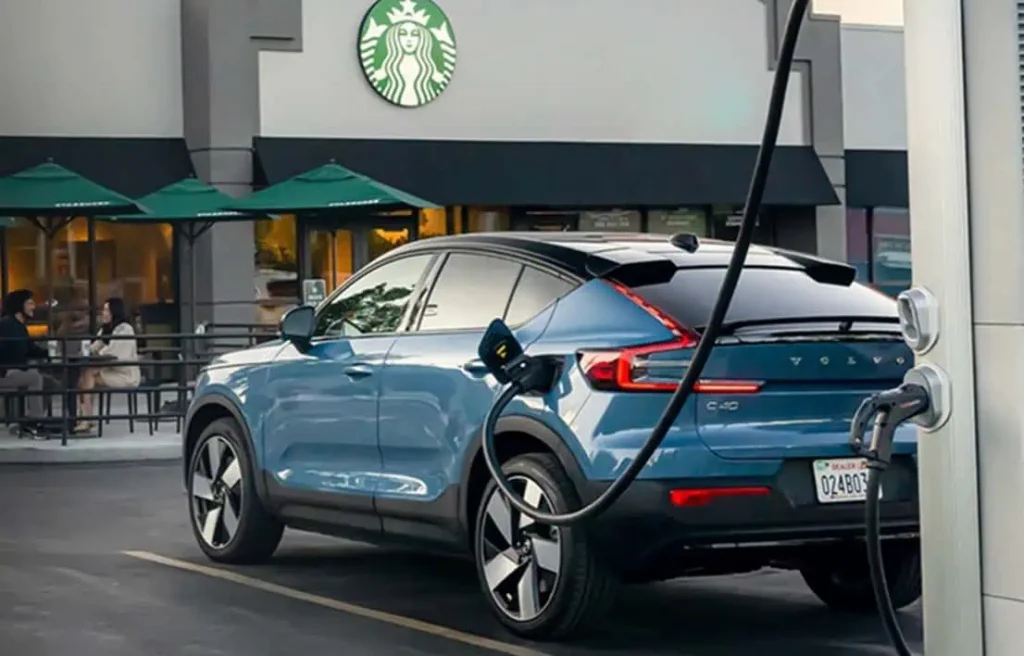How EV Adoption is Reshaping the Auto Industry
Recent negative news has many people concerned that EV adoption has stalled. In November 2023, nearly 4,000 car dealers signaled that they were unhappy with the federal government’s mandate to have two-thirds of all new cars sold as electric vehicles by 2032. The group sent a letter to President Biden urging him to slow down on his mandate for EVs. The dealers complained that EVs were piling up on their lots because of great difficulties selling them.
EV adoption has not stalled. EVs piling up on car dealers’ lots are simply because of an overestimation of current EV demand, without considering the many barriers to EV adoption facing American consumers.
Consider the example of a busy working couple raising small children in a densely populated city. Many families like these are not homeowners and cannot charge at home. Drivers like these are hesitant to try a new technology that still has problems, for example, limited access to public charging. Charging also takes much more time than pumping gas, an important issue.
Moreover, dealers must prepare to sell EVs, and a massive amount of EV education is needed. Both car buyers and car dealers need this education. EV adoption has moved from the early adopter stage to the early majority stage. EV adoption is facing new, more significant challenges because of this. Early EV adopters were eager to adopt. They were more willing and able to deal with barriers, such as a lack of public charging.
The Electric Vehicle (EV) Revolution Is Massively Disrupting the Global Automotive Industry

The electric vehicle (EV) revolution has had an unprecedented, profound, transformative effect on the global automotive industry. The rise in the prominence of EVs has sent giant ripples through the industry. This has compelled traditional automobile manufacturers to expedite adapting to electric. The global change from gas-powered internal combustion engine (ICE) vehicles to electric and hybrid vehicles has had a significant impact. A comparable example is when motorized cars replaced horse-drawn carriages.
EV Sales in the U.S. In the Third Quarter (Q3) of 2023 Remain Strong and Are Growing Fast, Prices Are Decreasing
According to a Cox Automotive report in October 2023, total sales of battery-powered vehicles exceeded 300,000 in the third quarter of 2023, a first for the U.S. market. As of September, year-to-date EV sales reached over 873,000. This indicates that the market is on track to surpass the one million mark, an important milestone.
The total sales of EVs in the third quarter hit a staggering 313,086, marking a 49.8% increase from the same period a year ago. This figure, estimated by Kelley Blue Book, signifies a rise from the 298,039 units sold in the second quarter. Many automakers reported considerable gains over 2022, with Volvo, Nissan, Mercedes, and Hyundai observing increases in EV sales by over 200%. In Q3, EV sales comprised 7.9% of total auto industry sales, setting a new record.
EV Types Include Pure Electric and Hybrids; Hybrids Remain Important

Many EV purists put down hybrids. However, they are still crucial to EV adoption for several reasons. In 2023, the average range of EVs is 300 miles, more than enough for most daily driving needs. The lack of availability of EV charging stations is one of the many barriers currently facing EV adopters. This is causing range anxiety for those taking longer trips and those unable to charge at home. Because of this and other reasons, hybrids remain essential to the transition to EVs. Hybrids continue to enjoy strong sales.
The Toyota Prius was the trailblazer in hybrid vehicles, as the first mass-produced hybrid vehicle. Following its success in Japan beginning in 1997, it was released worldwide in 2000. The Prius is still being produced today and enjoys a sleek new design similar to a sports car.
New EV Companies
Some new EV companies currently offering passenger vehicles for sale in the U.S. include Fisker, Vinfast, Canoo, Lucid, Polestar, Rivian, and Faraday Future. These companies, seeing the great success of others, are hoping to capitalize on their vehicles gaining a share of that success. Rivian has been the most successful on this list so far.
New Entrants vs. Established OEMS in the EV Market

Some established OEMS known for producing passenger ICE vehicles that now make passenger EVs available in the United States include Audi, BMW, Cadillac, Chevrolet, Fiat, Ford, Genesis, Honda, GMC, Hyundai, Jaguar, Jeep, Kia, Lexus, Lotus, Maserati, Mazda, Mercedes-Benz, Mini Cooper, Mitsubishi, Nissan, Opel, Peugeot, Porsche, Renault, Rimac, Rolls-Royce, Subaru, Toyota, Volkswagen and Volvo. Top-selling BEVs in 2022 for these companies were, in order, the Ford Mustang Mach-E, Chevrolet Bolt, Hyundai IONIQ 5, Volkswagen ID.4, and Kia EV6.
Established OEMs such as Ford and GM moved to electric when they saw the ripple effects of increased adoption. These two OEMs and others still need help to keep up with the EV revolution in 2023 because of their late entries to the market.
Chinese EVs Offer Much Lower Prices, Making American EV Makers Very Worried
Electric automakers are very concerned about Chinese electric vehicles entering the American market. China, currently the world’s leader in both EV adoption and production, is a formidable competitor due to its government’s robust support and vast manufacturing resources. Chinese brands own several EV brands that are available in America. Polestar, initially a Swedish brand, was acquired by Volvo. Geely, a Chinese company, is Volvo’s corporate parent.

Electric Vehicle Marketing Consultant, Writer and Editor. Publisher EVinfo.net.
Services